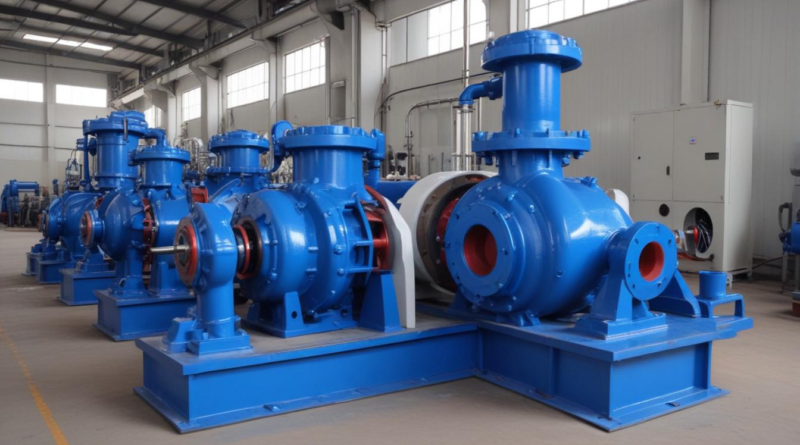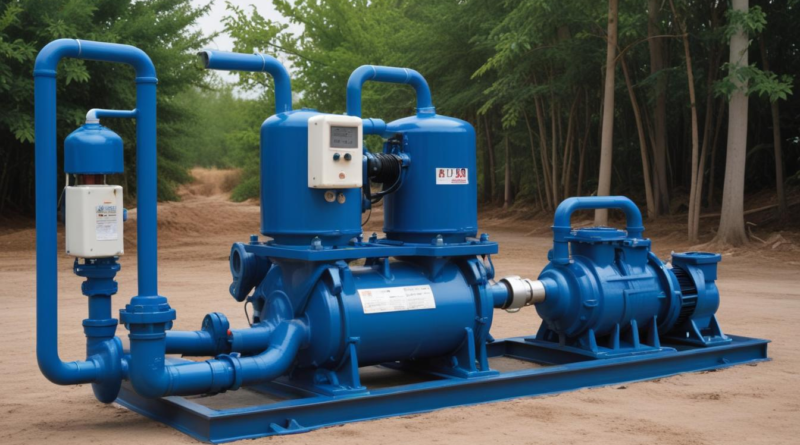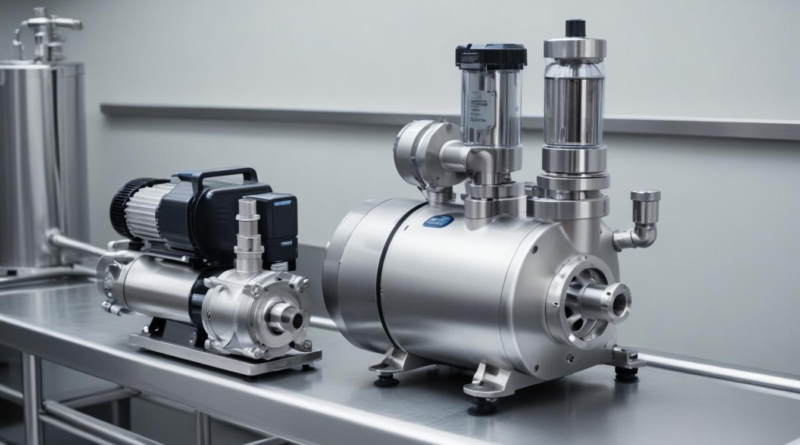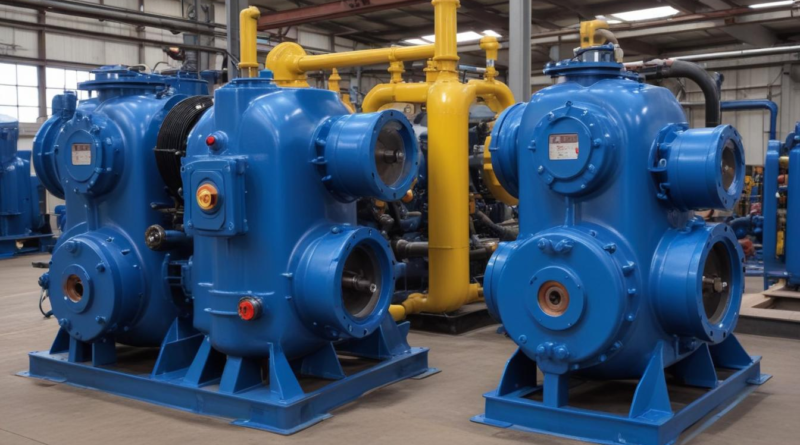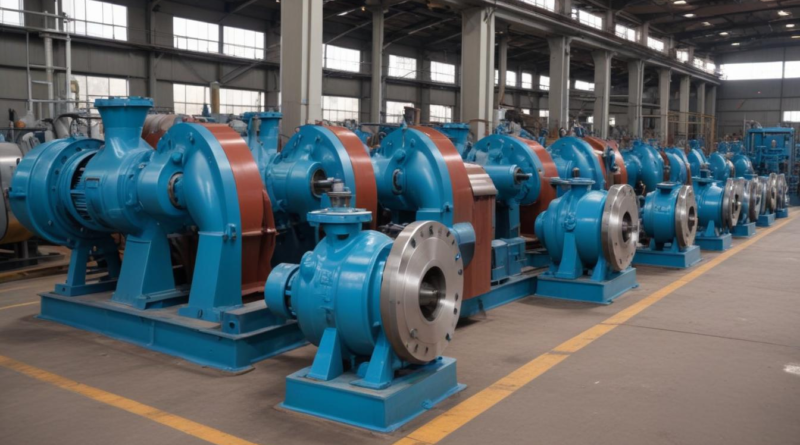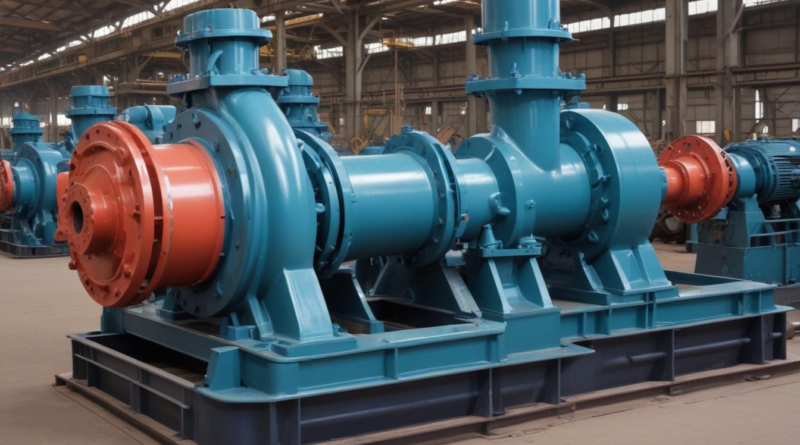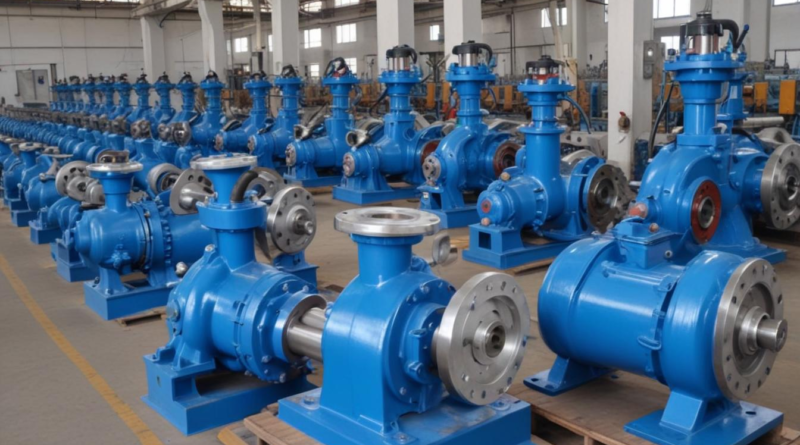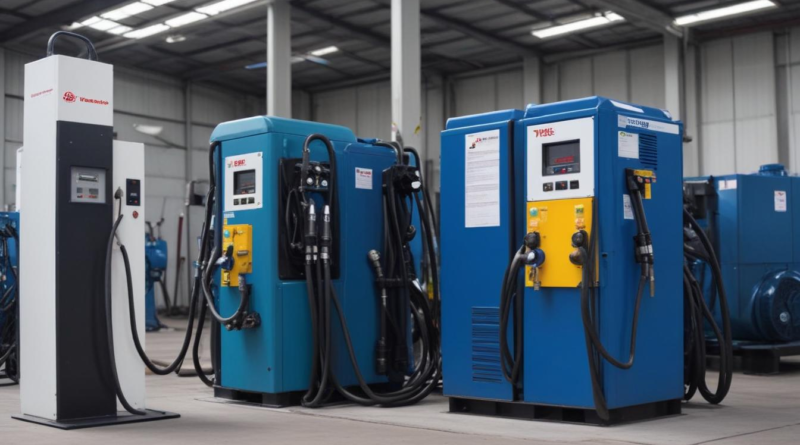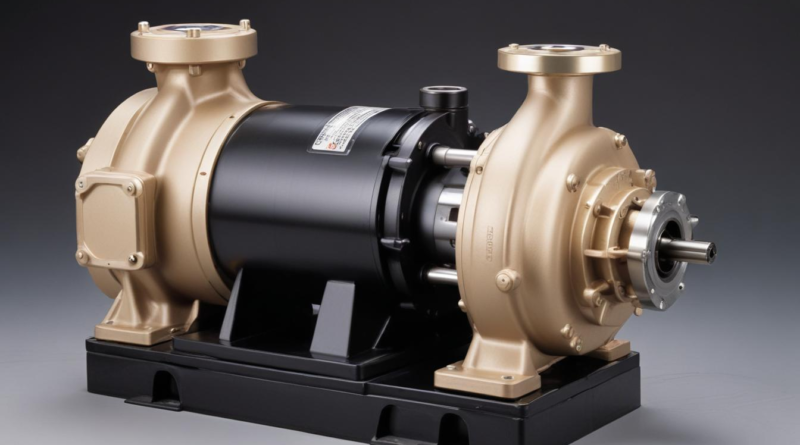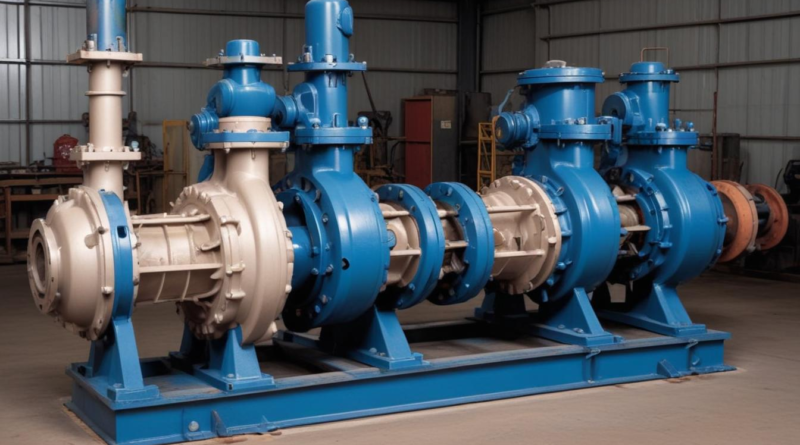pumps used in chemical processing
Chemical pumps encompass a variety of types, including centrifugal, gear, diaphragm, and magnetic drive, each designed to handle specific fluid viscosities and applications. Selecting the appropriate pump involves evaluating factors such as flow rate, pressure, temperature, and chemical compatibility. Proper material choice and maintenance practices are crucial for ensuring efficiency, safety, and reliability in chemical processing operations.
Read More
